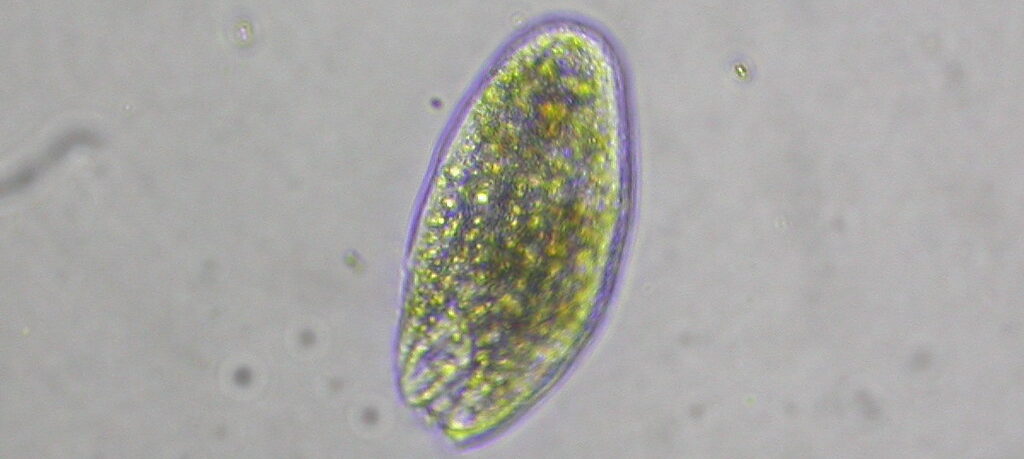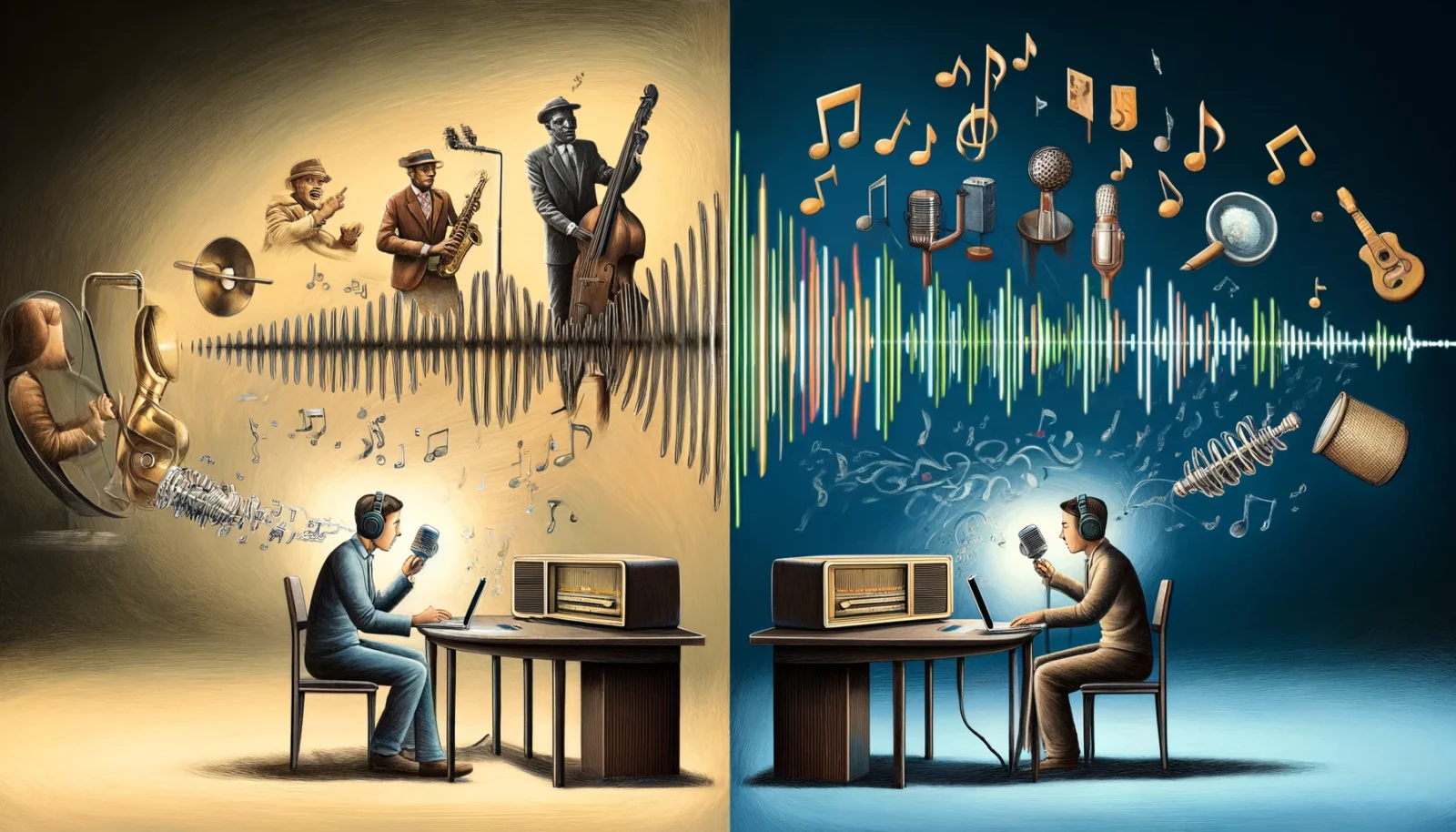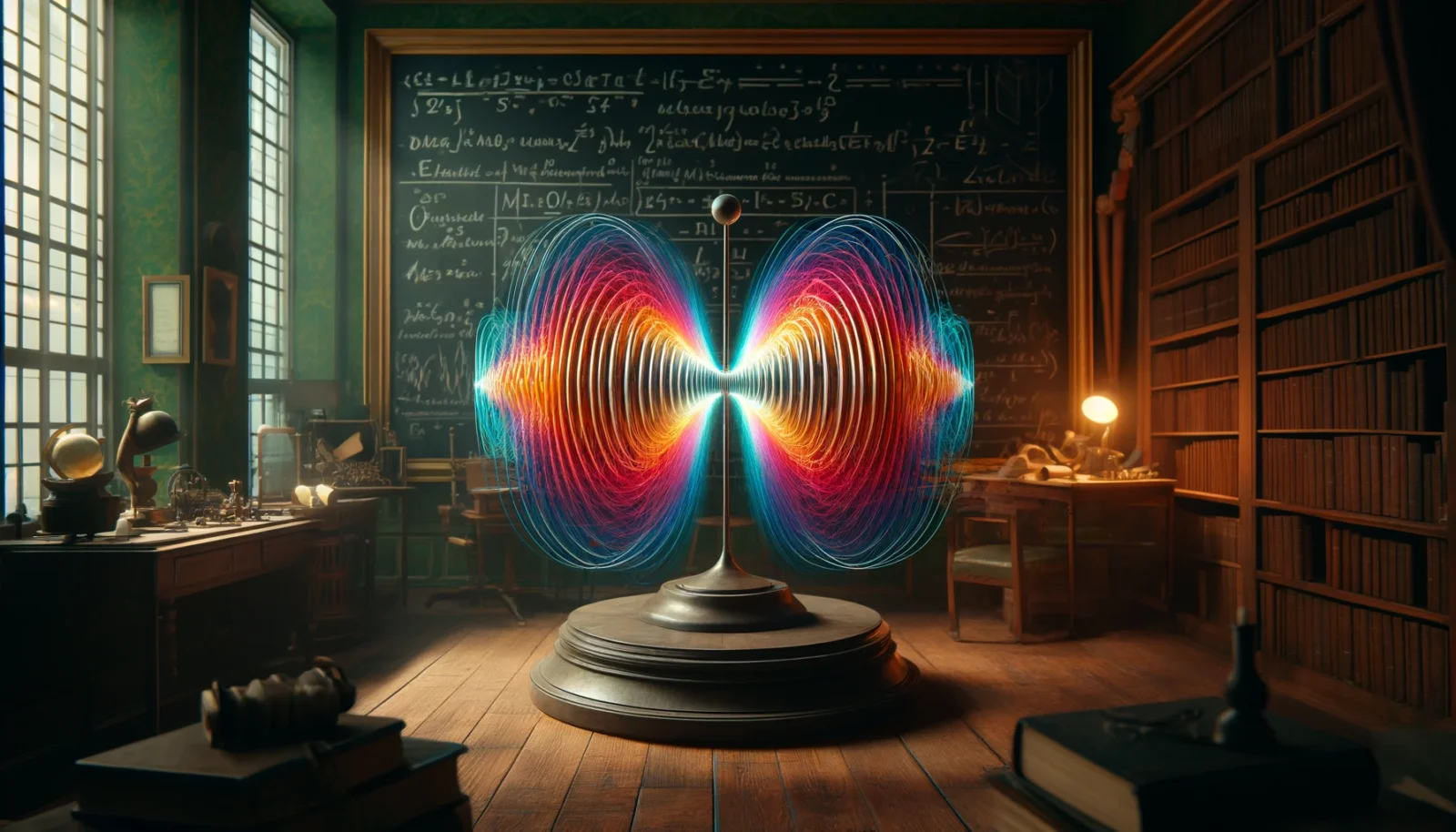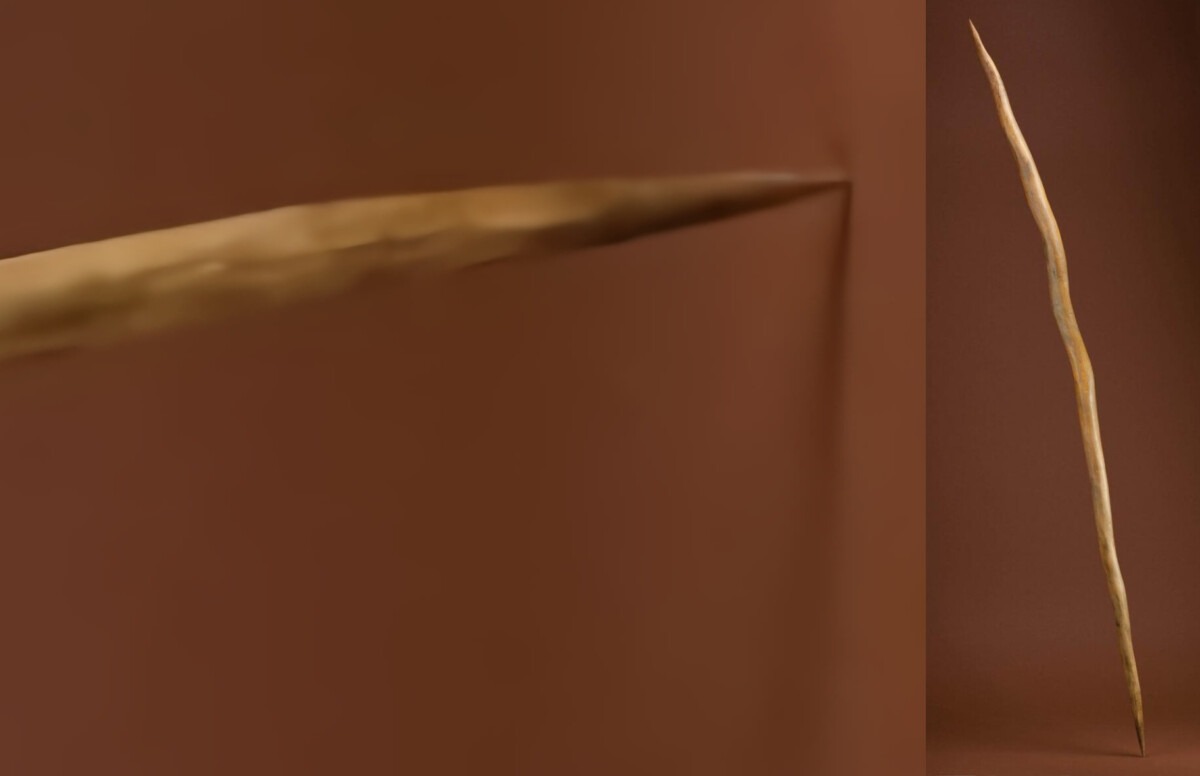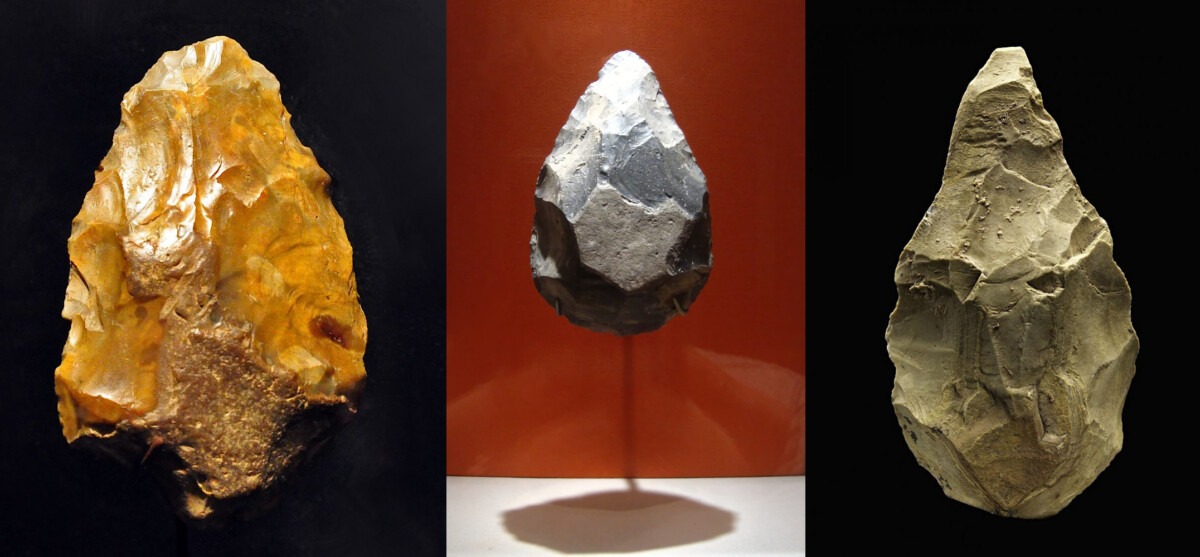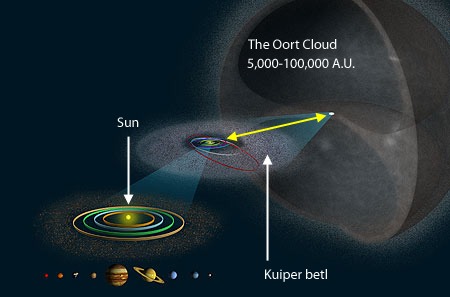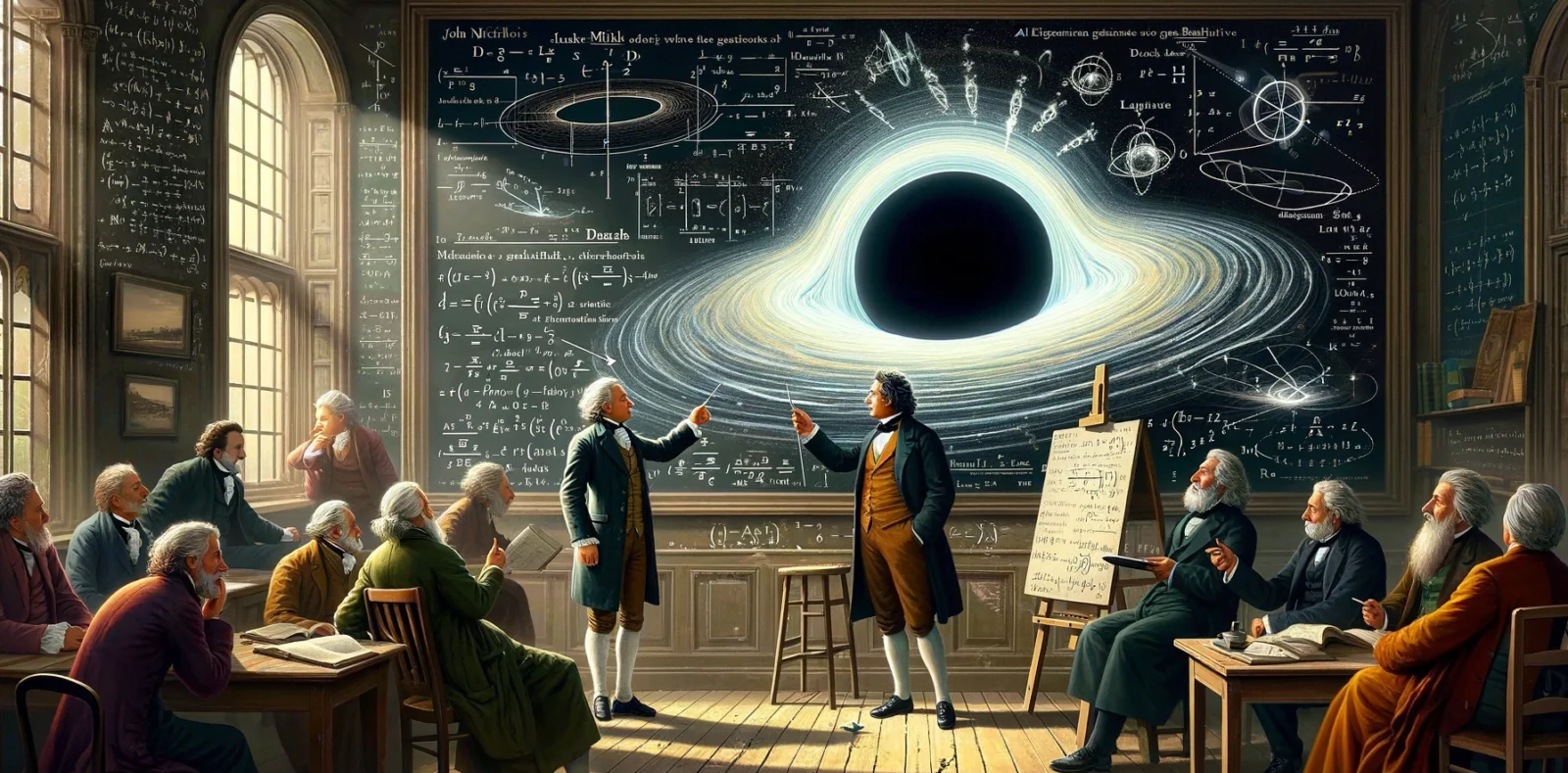Syllogisms
30 Phil, Chapter 9, Aristotle, Touchstone 22: Syllogisms. While deductive reasoning existed informally before Aristotle, he formalized it in his work “Prior Analytics” by introducing the Syllogism. It structures arguments into two key premises leading to a conclusion and remains widely used today. Aristotle knew that syllogisms can both analyze and validate derived truths, by logically […]















